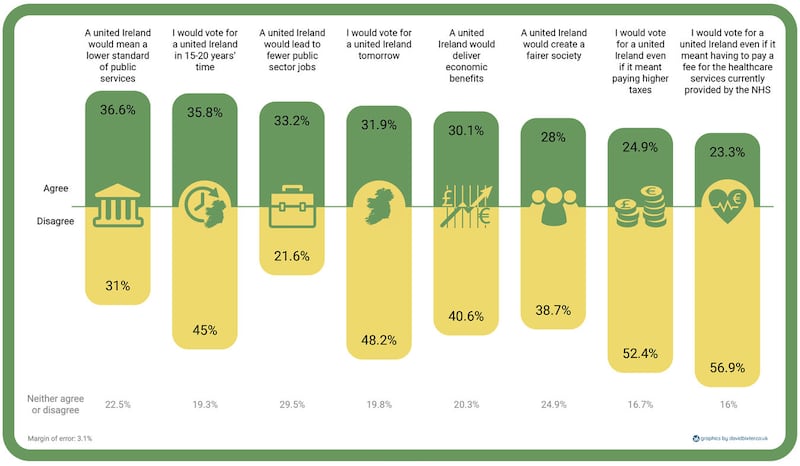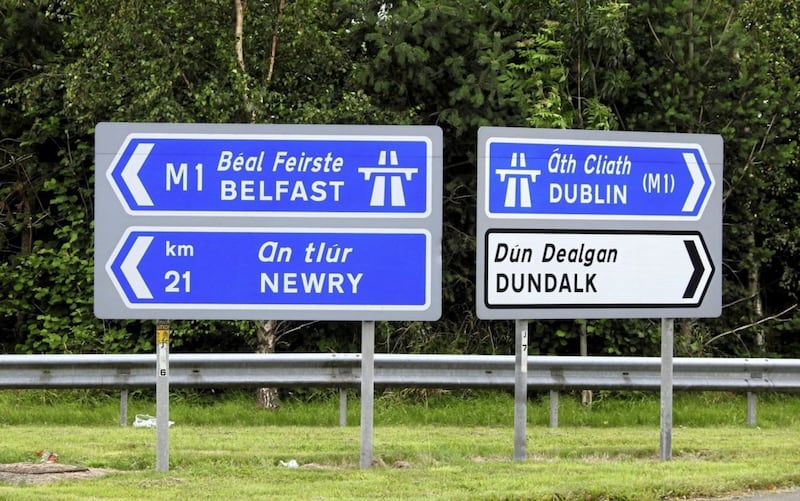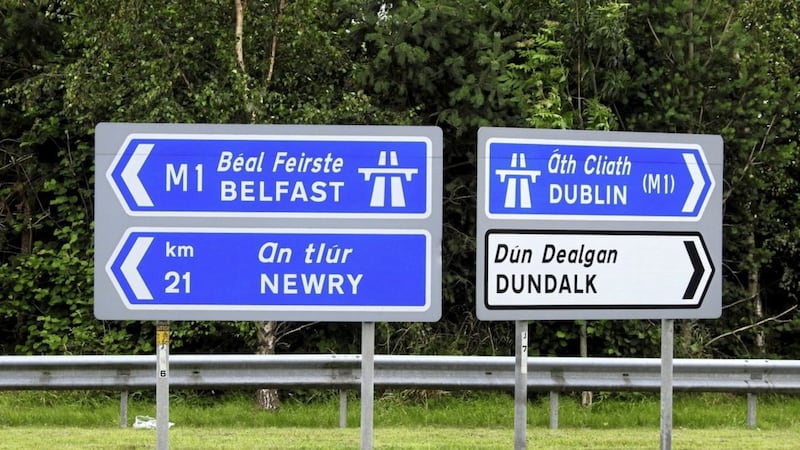NATIONALISTS come into the constitutional debate as the underdogs. Of that there is no question and today's Institute of Irish Studies-University of Liverpool poll reinforces the picture facing those of us who are seeking to build a new Ireland. But although there are challenges, there are also opportunities for growth that are quickly apparent in the poll's findings that can provide those wanting constitutional change with hope for the future.

The headline figures show that the unionist campaign holds a strong lead with 45 per cent wanting to remain within the UK compared to 30 per cent wanting a united Ireland tomorrow. On paper, this might look like game over for any pro-unity campaign but we are not asking for a referendum tomorrow, and nobody will ever face the prospect of a snap vote on this issue. What is telling is that when asked the question in the longer term, support for a united Ireland rises by more than 3 per cent, with those opposing falling by just under 4 per cent. Nearly 18 per cent neither agree nor disagree when asked about supporting a united Ireland within the next 20 years.
I am reminded that in the years leading up to the Scottish independence referendum campaign that the 'yes' campaign regularly polled around 25-33 per cent. We all know the result was much closer and the 'yes' campaign gained substantial momentum in the final weeks, this was also the case in Quebec in 1995. Once a campaign is called it generates its own momentum. On these numbers, the pro-unification side is competitive but cannot afford to be complacent. The pro-union argument does have an overall lead in its favour, with less ground to make up, but there are vulnerabilities there that it will have to guard against.
The simple reality is that neither side has a clear majority backing their fundamental analysis of the future. Both are operating under the 50 per cent-plus-one threshold that is needed for victory in a referendum. More interestingly for the assembly dynamics of how these issues play out, the poll shows both the combined unionist and nationalist votes down from 2017. The route towards getting a referendum, and eventually winning it, sits in that united community bloc that comprises mostly the Alliance and Green parties.
This essentially means that both sides need a credible plan for the future. There is a battle out there for those who don’t have strong views on the constitution or those who don’t have strong positions on healthcare, tax or the place of the assembly in any potential constitutional change. Whilst the true believers may dominate the social media narratives on this topic, it is going to be this quiet and silent part of the population who will decide the constitutional future of Northern Ireland.

Both unionism and nationalism will have to get better at talking to these voters, as their representatives likely to grow at the next election, which could be critical as to if and when a border poll is called. For all the focus on a nationalist first minister, it is the growth of the third tribe in our politics that is the substantive and most long-lasting impact on our political debate.
Nationalism has ground it needs to make up and there are challenges to ensure it has a credible plan on healthcare, tax and demonstrating that a new Ireland will create a fairer society. Arguably unionism sits in a stronger position but other jurisdictions have shown the status quo option dropping the ball during the campaign, and with the difficulties that unionism has had in the centenary year, it cannot be confident of sustaining a compelling and optimistic narrative for a campaign that is likely to last months.
Political developments have been far from predictable over the past six years. There is no guarantee that a Sinn Féin win on May 5 delivers a border poll, but equally unionism cannot believe that this debate cannot accelerate very quickly and their own fortunes fall in the polls. Those who can talk best to those who care the least about the constitution at the moment will be the victors in any referendum.
:: David McCann is deputy editor of news and opinion website Slugger O'Toole.







